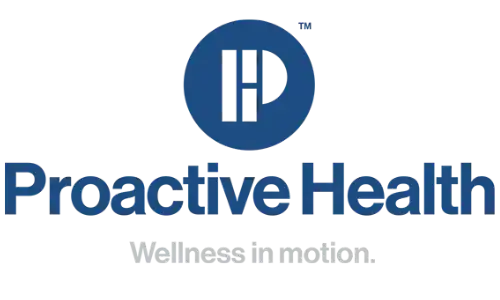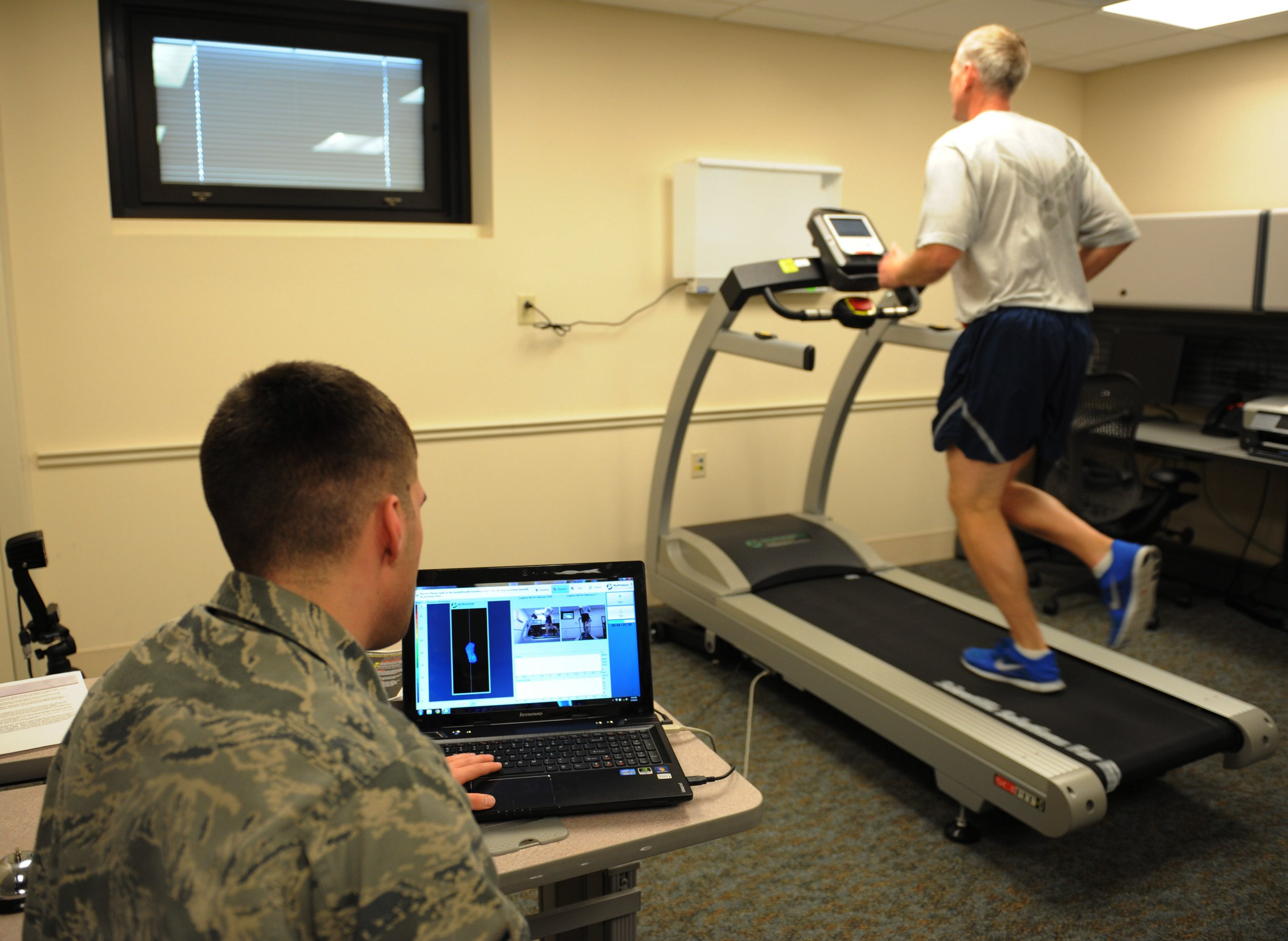Heart Failure Among the Treated Conditions in Cardiovascular Physiotherapy
Introduction to Heart Failure and Cardiovascular Physiotherapy
Understanding Heart Failure
Definition and Prevalence
Heart failure, often misunderstood as the heart completely stopping, actually refers to the heart’s inability to pump blood as well as it should. This condition affects millions globally, highlighting its significant health burden. Heart failure can stem from various underlying causes, including coronary artery disease, hypertension, and diabetes.
Key Symptoms of Heart Failure
Individuals with heart failure typically experience a range of symptoms that may worsen over time. These include:
- Breathlessness during activity or at rest
- Persistent coughing or wheezing
- Swelling in the legs, ankles, and feet
- Fatigue and weakness
- Rapid or irregular heartbeat
The Role of Cardiovascular Physiotherapy
Overview of Therapeutic Approaches
Cardiovascular physiotherapy plays a pivotal role in managing and improving the quality of life for patients with heart failure. Through tailored exercise programs and interventions, physiotherapists help enhance the heart’s efficiency and the patient’s overall endurance and strength.
Benefits of Physiotherapy for Heart Patients
Physiotherapy offers numerous benefits for heart failure patients, including:
- Improved physical stamina and strength
- Better heart function and reduced symptoms
- Enhanced overall well-being and independence
Stages of Heart Failure and Physiotherapy Interventions
Early Stages of Heart Failure (Stage A and B)
Preventive Physiotherapy Techniques
In the early stages of heart failure, preventive strategies are crucial. Physiotherapy interventions focus on risk modification and exercise plans that:
- Encourage physical activity tailored to individual capabilities
- Monitor and manage potential risk factors like high blood pressure and obesity
Lifestyle Modifications and Physical Activity
Adopting a heart-healthy lifestyle is essential for managing heart failure. Key lifestyle changes include:
- Regular physical activity as recommended by a physiotherapist
- Healthy diet adjustments
- Stress management techniques
Advanced Stages of Heart Failure (Stage C and D)
Intensive Physiotherapy Treatments
In the advanced stages of heart failure, physiotherapy becomes crucial in managing severe symptoms and preventing further deterioration. Treatments may include more sophisticated exercises and techniques, carefully monitored to adjust to the patient’s reduced capacities, ensuring safety and efficacy.
Managing Symptoms and Enhancing Quality of Life
The focus at this stage is on enhancing the quality of life and symptom management, which includes:
- Techniques to alleviate fluid retention and reduce swelling
- Breathing exercises to ease respiratory discomfort
- Energy conservation techniques to optimize daily functioning
Specific Physiotherapy Treatments for Heart Failure
Cardiac Rehabilitation Programs
Structured Exercise Regimens
Cardiac rehabilitation programs are critical, comprising structured exercise regimens tailored to the specific needs of heart failure patients. These programs aim to gradually improve cardiovascular health through monitored physical activity.
Education and Support for Heart Failure Patients
Education is a cornerstone of cardiac rehab, where patients learn about managing heart failure, recognizing symptoms, and strategies to cope with the disease. Support groups and educational sessions provide crucial emotional and social support.
Role of Physical Therapists in Heart Failure Care
Assessment and Customized Therapy Plans
Physical therapists play a pivotal role by assessing each patient’s specific needs and crafting personalized therapy plans that address both physical and psychological aspects of heart failure.
Ongoing Care and Patient Empowerment
Ongoing care involves regular monitoring and adjustments to the therapy plan, empowering patients through education to take an active role in managing their condition.
Challenges and Barriers in Cardiac Rehabilitation
Identifying Common Barriers
Physical Limitations
Physical limitations due to heart failure can hinder participation in rehabilitation, necessitating tailored exercise regimes that accommodate each patient’s specific limitations.
Psychological Factors
Fear and depression are common among heart failure patients, potentially limiting their motivation to participate in rehabilitation programs.
Strategies to Overcome Barriers
Patient Education and Engagement
Effective education helps mitigate fears and misconceptions about exercise, encouraging more consistent participation in rehabilitation.
Multi-disciplinary Approaches
Involving a team of healthcare providers, including kinesiologists and registered massage therapists, ensures a holistic approach to overcoming barriers, enhancing both physical and mental health.
FAQ on Physiotherapy and Heart Failure
What is the role of physiotherapy in heart failure?
Physiotherapy helps manage symptoms, improve physical function, and enhance quality of life through tailored exercise and therapeutic techniques.
How does cardiac rehab help heart failure?
Cardiac rehab improves cardiovascular health through structured exercise, education, and psychological support, aiding in symptom management and reducing hospital readmission rates.
What does a physical therapist do for heart failure?
A physical therapist assesses patient needs, develops customized exercise plans, and provides ongoing support to manage heart failure effectively.
What are the barriers to cardiac rehabilitation in heart failure?
Barriers include physical limitations, psychological resistance, and lack of access to specialized care, which can be addressed through personalized treatment plans and multi-disciplinary care.
For personalized care and the latest in diagnostic tools in physiotherapy, consider booking an appointment with Proactive Health. Our comprehensive services include Physiotherapy, Registered Massage Therapy, Kinesiology, Fascial Stretch Therapy, Active Rehab, and Bodyworker sessions.



